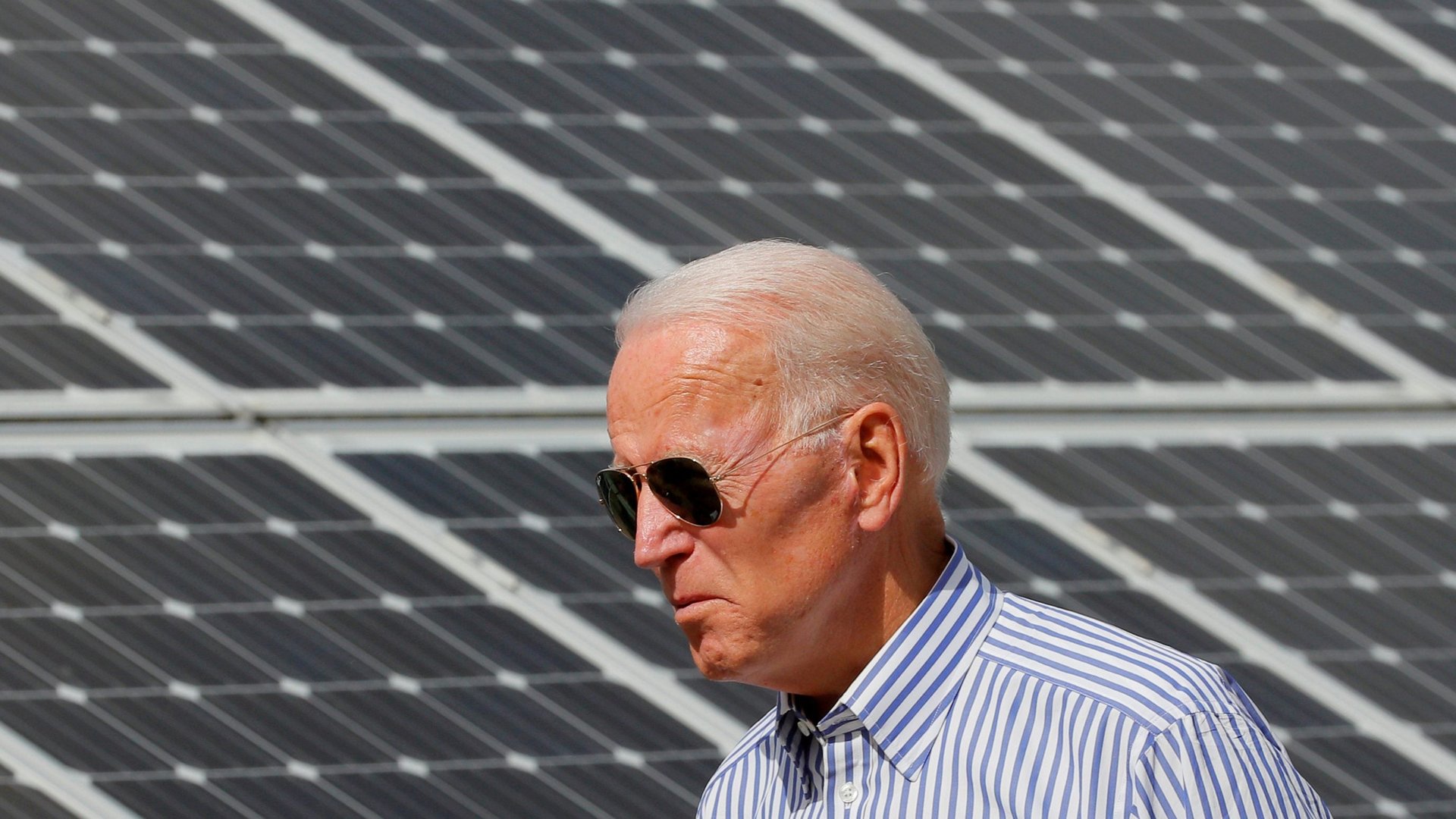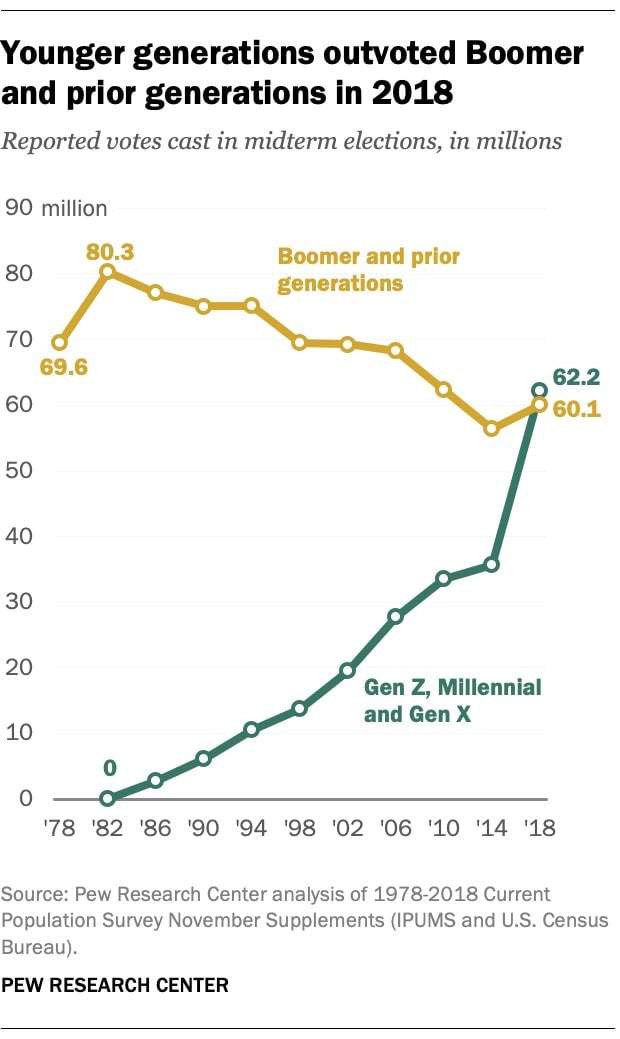The world is ready to support Joe Biden on climate change
Almost as soon as a winner was declared, the world began lining up to work with the incoming US president on climate change.


Almost as soon as a winner was declared, the world began lining up to work with the incoming US president on climate change.
In the UK, prime minister Boris Johnson sent well wishes to US president-elect Joe Biden and running mate Kamala Harris, offering to work closely together on “our shared priorities from climate change to trade and security.” In Fiji, which in danger of drowning under rising seas, the prime minister tweeted his congratulations to Biden: “Together, we have a planet to save from a #ClimateEmergency.”
Swedish prime minister Stefan Löfven said he was ready to “lead a green transition creating jobs for the future.” Greece’s president, Katerina Sakellaropoulou, offered her congratulations, as well as cooperation and friendship, in “welcoming the US again to the #ParisAgreement on climate change!”
As the tweets rolled in from New Zealand, Austria, Iceland, and elsewhere, it was clear Biden would have a coalition behind him on Day 1 of his presidency for a restored and unprecedented global effort to deal with the climate crisis.
Biden won the election running on the most ambitious climate agenda in US history.
He has promised that the US will get on track to eliminate greenhouse gas emissions (pdf) from the electricity sector by 2035, reimpose strict fuel mileage standards, restrict oil and gas extraction on public lands, supercharge renewable development, and rejoin the international Paris Agreement, with the aim of keeping the average global temperature from rising more than 1.5° C above pre-industrial levels. The Environmental Protection Agency will be led by environmentalists, not lobbyists. There’s also talk of appointing a climate body to coordinate federal action, on par with the powerful National Security Council.
And that’s the shortlist.
He wasted no time reaffirming this, even before major news outlets declared him the victor.
Of course, there’s still the Senate to contend with. Control of the chamber will likely hinge on two run-off elections in Georgia. Should the Republicans hold onto their majority, you can expect the Biden administration and Democrats in Congress to face unrelenting obstruction to ambitious climate legislation (despite some tentative signs of thawing on climate among some Republicans).
But there are at least two things working in Biden’s favor: 1) executive power—the Trump administration has shown just how much can get done by an aggressive executive branch, and 2) demographics—millennials, more than any generation, favor strong climate action. Those opposing it in their parents’ generation are an ever-shrinking slice of the electorate. In 2018, millennials, combined with Gen-X and Gen-Z voters, outvoted their elders for the first time. Every year, the scales tip a bit more.

As the world’s leaders line up to prepare to work with the US on climate change—starting when Biden takes the oath of office on Jan. 20—those who care about the climate expect a term like no other.